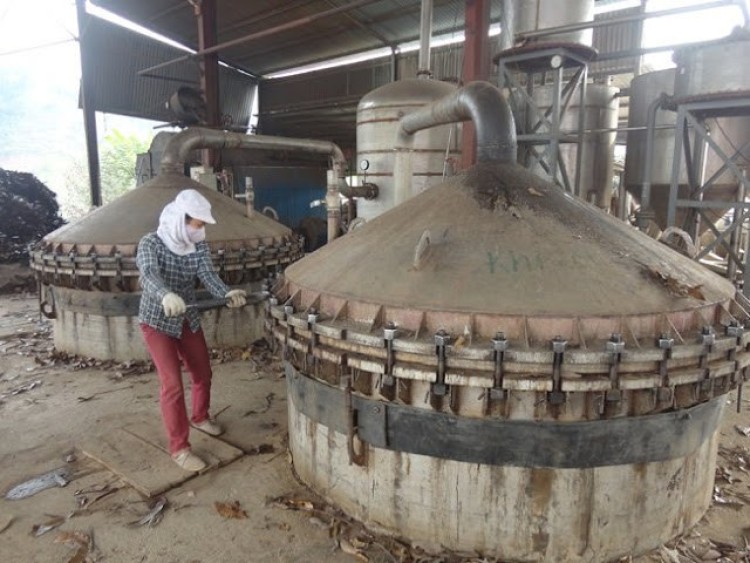
As the demand for essential oils continues to grow, so does the importance of sustainable and ethical production practices. Sustainable essential oil production not only protects the environment but also ensures the long-term availability of these precious resources. This article explores various sustainable practices in the essential oil industry and highlights the commitment of Venkatramna Industries to eco-friendly and responsible production.
1. Importance of Sustainable Essential Oil Production
Environmental Impact: The production of essential oils can have significant environmental impacts, including deforestation, soil degradation, and water pollution. Sustainable practices help minimize these negative effects and promote ecological balance.
Biodiversity Preservation: Sustainable harvesting methods ensure that plant populations are not over-exploited, preserving biodiversity and protecting endangered species. This approach supports the health of ecosystems and maintains the natural balance.
Community Support: Ethical production practices often involve supporting local communities, providing fair wages, and ensuring safe working conditions. This promotes social sustainability and improves the livelihoods of those involved in the supply chain.
2. Sustainable Farming Practices
Organic Farming: Organic farming methods avoid the use of synthetic pesticides and fertilizers, promoting soil health and reducing chemical runoff. Organic essential oils are free from harmful residues, ensuring a pure and natural product.
Agroforestry: Agroforestry integrates the cultivation of essential oil plants with trees and other vegetation, creating a diverse and resilient ecosystem. This practice enhances biodiversity, improves soil quality, and reduces the risk of pests and diseases.
Crop Rotation and Companion Planting: Rotating crops and using companion planting techniques help maintain soil fertility, reduce pest pressure, and promote healthy plant growth. These methods enhance the sustainability of essential oil farming.
3. Ethical Wildcrafting
Sustainable Harvesting: Ethical wildcrafting involves harvesting plants from their natural habitats in a way that allows them to regenerate and thrive. This practice ensures the long-term availability of wildcrafted essential oils and preserves natural ecosystems.
Respect for Indigenous Knowledge: Collaborating with indigenous communities who have traditional knowledge of wildcrafting methods promotes sustainable practices and supports cultural preservation. Fair compensation and respectful partnerships are essential for ethical wildcrafting.
4. Energy-Efficient Distillation Methods
Solar Distillation: Solar distillation uses solar energy to heat water and produce steam for the distillation process. This method reduces the reliance on fossil fuels and minimizes greenhouse gas emissions.
Closed-Loop Systems: Closed-loop distillation systems recycle water and steam, reducing water usage and energy consumption. These systems are more efficient and environmentally friendly.
Biomass Boilers: Using biomass boilers, which burn organic waste to produce steam, can significantly reduce the carbon footprint of essential oil production. This approach utilizes renewable energy sources and reduces waste.
5. Eco-Friendly Packaging
Biodegradable Materials: Using biodegradable and compostable materials for packaging reduces plastic waste and environmental pollution. Eco-friendly packaging options include glass, recycled paper, and plant-based plastics.
Minimalist Packaging: Minimizing packaging materials and using simple, functional designs help reduce waste and lower the environmental impact. This approach also aligns with the principles of reducing, reusing, and recycling.
6. Commitment to Quality and Sustainability
Transparent Sourcing: Transparency in sourcing practices ensures that consumers are informed about the origins of the essential oils and the methods used in their production. Transparent sourcing builds trust and accountability.
Sustainable practices in essential oil production are crucial for protecting the environment, preserving biodiversity, and supporting local communities. At Venkatramna Industries, we are committed to implementing and promoting sustainable and ethical production methods. By choosing our products, you are supporting a greener and more responsible approach to essential oil production. Explore our range of sustainably produced essential oils and join us in our mission to promote environmental stewardship and social responsibility.

|

|
Currently, there are no comment.
Login to comment